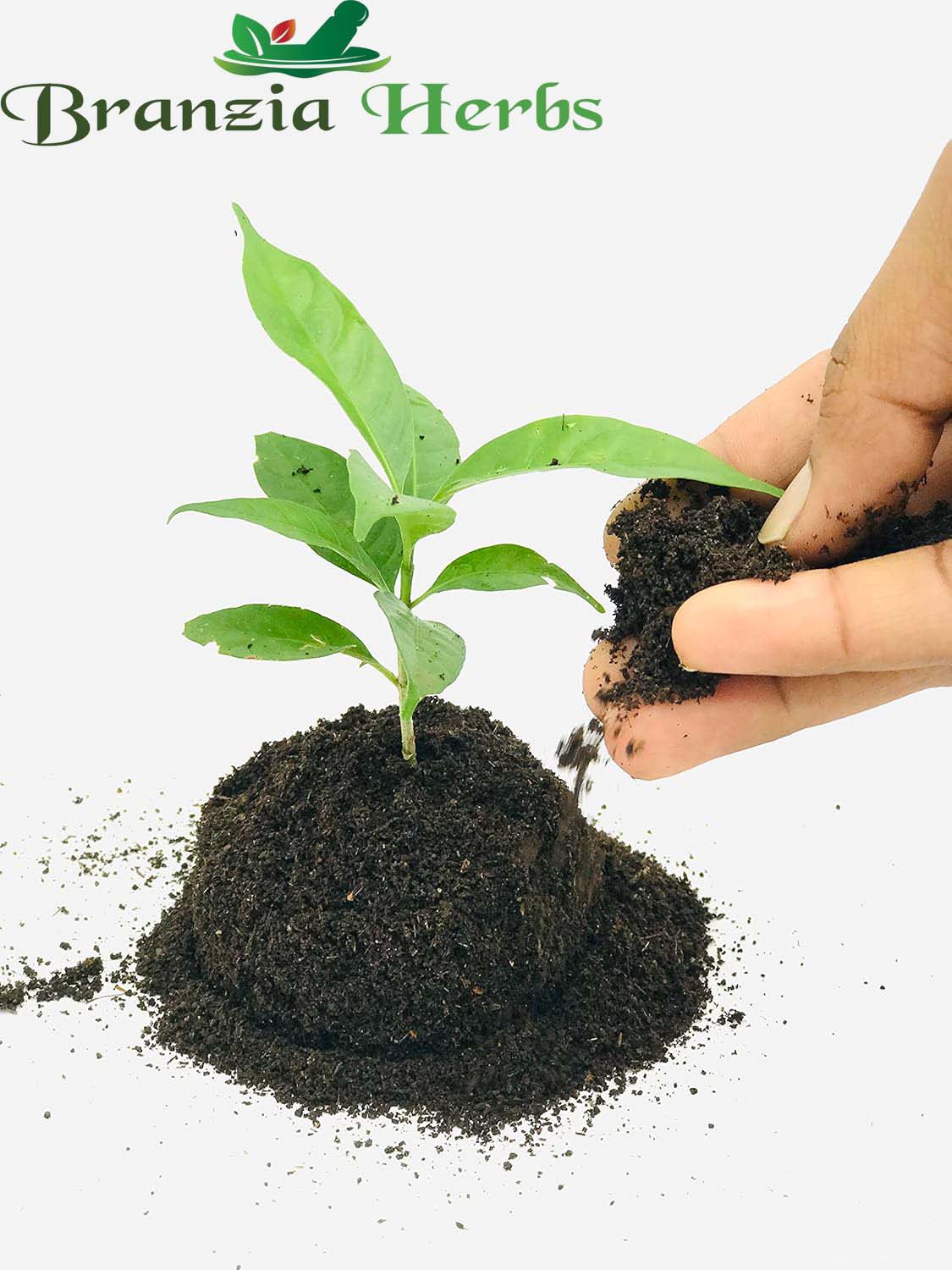California Poppy (Eschscholzia californica) is a vibrant and hardy annual flower native to California. The mix color variety features a stunning array of colors, including orange, yellow, red, and even pink, adding a cheerful and diverse palette to your garden. Here’s how to successfully grow California Poppies from mixed-color seeds:
Growing California Poppy from Seeds:
**1. ** Planting Time:
-
Outdoor Sowing: Direct sow seeds outdoors in early spring or late fall. California poppies thrive in cool temperatures and will germinate best when the soil is cool.
-
Indoor Sowing: If starting indoors, sow seeds 6-8 weeks before the last expected frost and transplant them outdoors once they’re ready and the weather permits.
**2. ** Soil Requirements:
-
Soil Type: California poppies prefer well-draining soil. They thrive in sandy, loamy, or even rocky soil.
-
pH Level: They are tolerant of a range of pH levels but generally prefer slightly acidic to neutral soil (pH 6.0-7.0).
**3. ** Sunlight:
-
Light Needs: These poppies need full sun, so choose a location that receives at least 6-8 hours of direct sunlight per day.
**4. ** Watering:
-
Moisture Needs: Water the seeds and young plants regularly until they are established. Once mature, California poppies are drought-tolerant and require less frequent watering. Be careful not to overwater, as they prefer dry conditions once established.
**5. ** Spacing:
-
Planting Distance: Space seeds or seedlings about 6-12 inches apart. This spacing allows for their natural growth and helps prevent overcrowding.
**6. ** Care:
-
Deadheading: While California poppies generally self-sow and reseed readily, you can remove spent flowers (deadhead) to encourage more blooms and to keep the plant looking tidy.
-
Pruning: Minimal pruning is needed. Just remove any dead or damaged foliage to maintain plant health.
**7. ** Pests and Problems:
-
Common Issues: California poppies are generally pest-resistant but watch for pests such as aphids or caterpillars. They are also relatively disease-resistant but can sometimes be affected by fungal issues in overly wet conditions.
-
Prevention: Ensure good air circulation, use well-draining soil, and avoid overhead watering to reduce the risk of disease.
Sowing Seeds:
**1. ** Outdoor Sowing:
-
Preparation: Prepare the soil by raking it to create a smooth surface. Scatter the seeds evenly over the soil and lightly press them in. You can also mix the seeds with sand to ensure even distribution.
-
Moisture: Water the soil lightly after sowing. Keep the soil consistently moist until the seeds germinate, which typically takes 10-20 days.
**2. ** Indoor Sowing:
-
Seed Starting: Sow seeds on the surface of a seed-starting mix. Gently press them into the soil but do not cover deeply, as they need light to germinate.
-
Temperature: Maintain a temperature of about 65-70°F (18-21°C) for germination.
-
Light: Provide bright light or use grow lights if necessary. Germination usually takes 10-20 days.
Harvesting and Storage:
-
Seed Collection: If you want to collect seeds, allow the seed heads to dry on the plant. Once dry, remove the seeds and store them in a cool, dry place in an airtight container.
Additional Tips:
-
Companion Plants: California poppies pair well with other drought-tolerant plants and can be used in wildflower meadows, mixed beds, or as a ground cover.
-
Winter Care: In mild climates, California poppies can self-sow and come back the following year. In colder regions, treat them as annuals or mulch to protect the seeds.
By following these guidelines, you should have a beautiful and colorful display of California poppies in your garden. Enjoy their vibrant blooms and easy care







